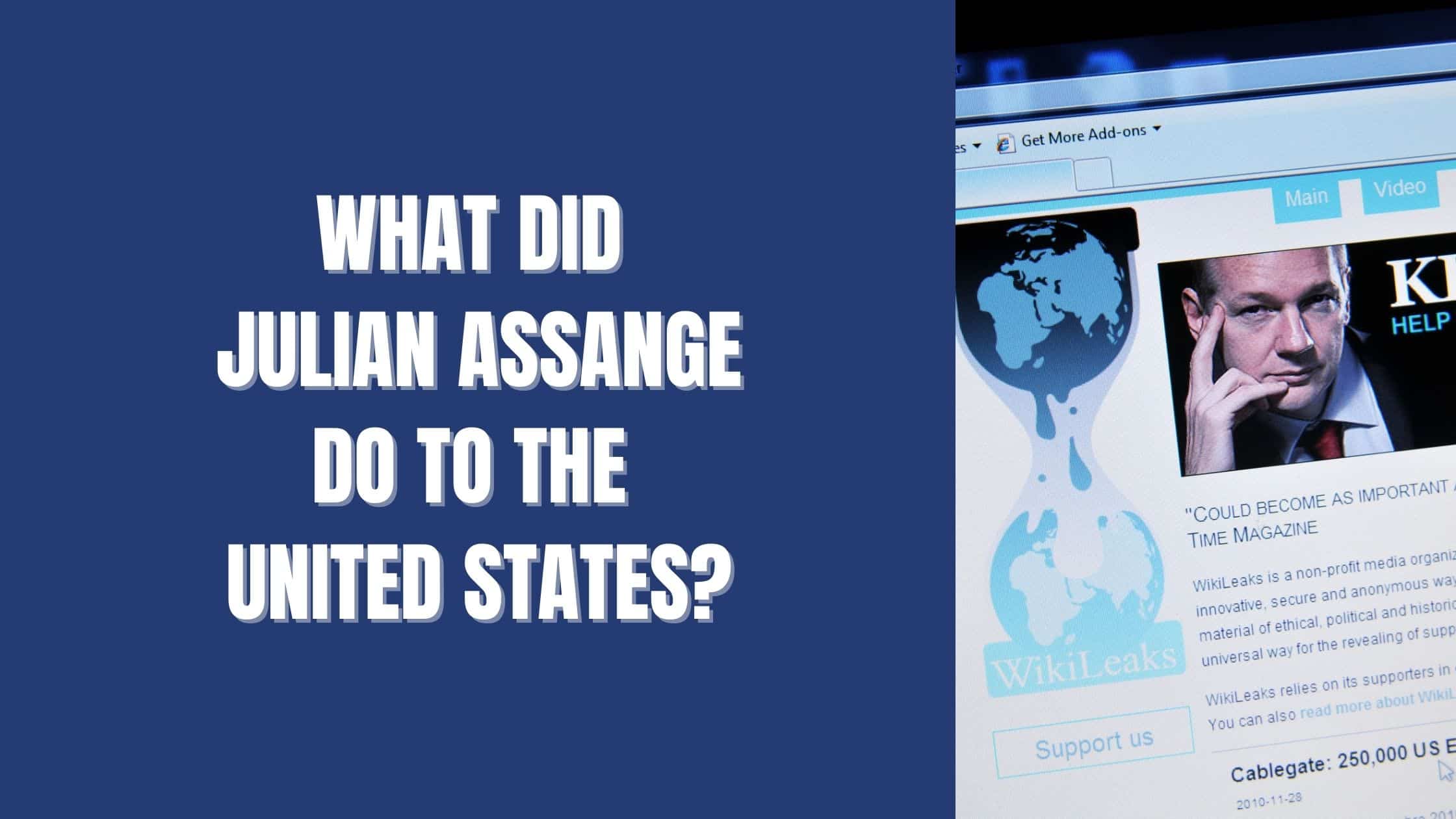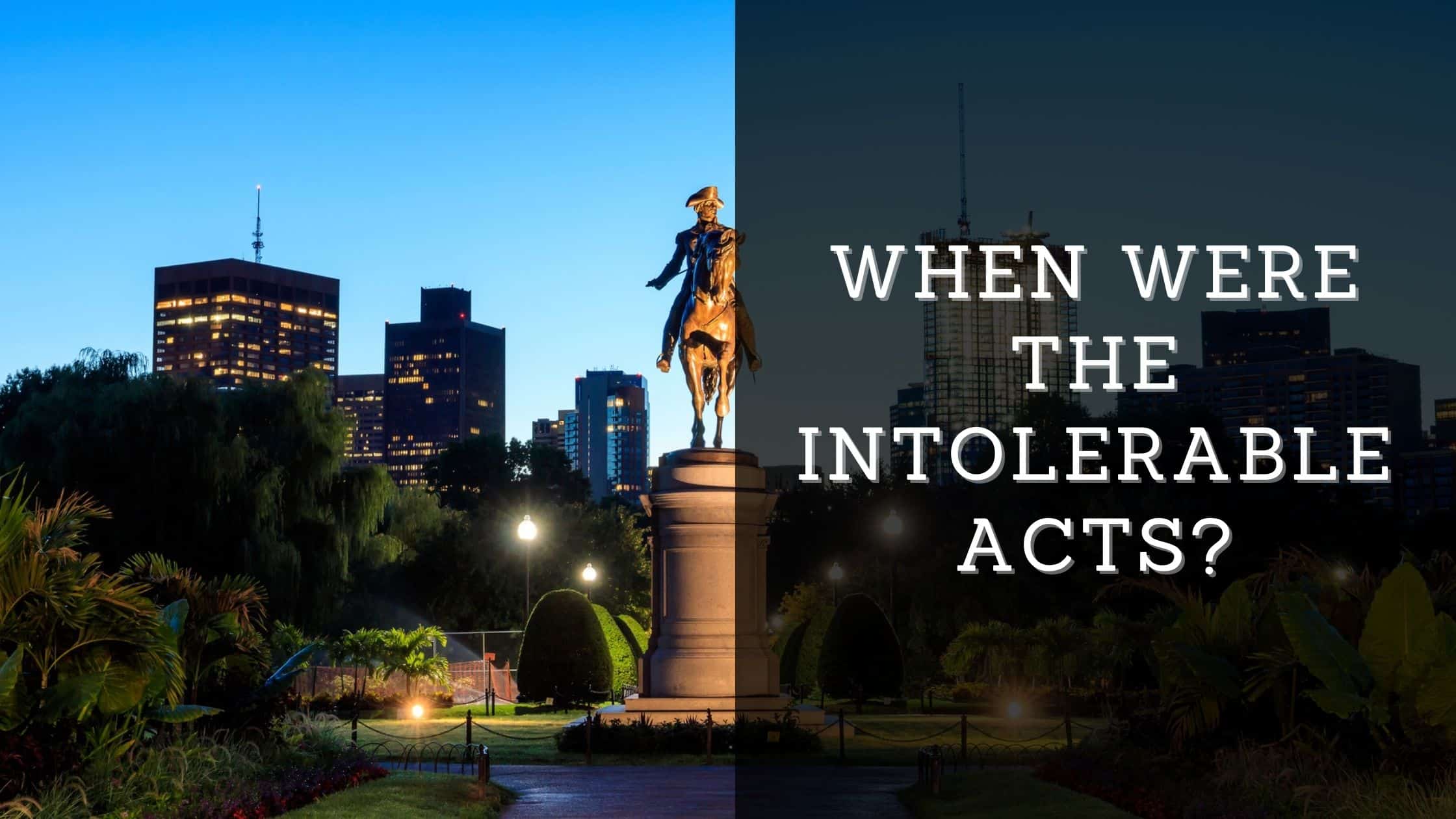Table of Contents
ToggleJulian Assange is a world-renowned and controversial figure thanks to his activism concerning politics, promotion of free speech, and a long-running extradition saga.
Assange is incarcerated in His Majesty’s Prison Belmarsh, a category A prison, in London, England. The United States is currently seeking Assange’s extradition.
What did Julian Assange do to the United States?
Julian Assange has been indicted on 17 charges of espionage and one charge of computer misuse over the publication of thousands of military and diplomatic documents on Wikileaks that whistleblower Chelsea Manning leaked.
Who Is Julian Assange?
Despite being well-known globally, many are unaware of Assange’s personal history.
Born on July 3rd, 1971, in Queensland, Australia, Julian Paul Hawkins entered the world and, unfortunately, into a broken family. His parents, Christine Ann Hawkins and John Shipton, had separated before his birth.
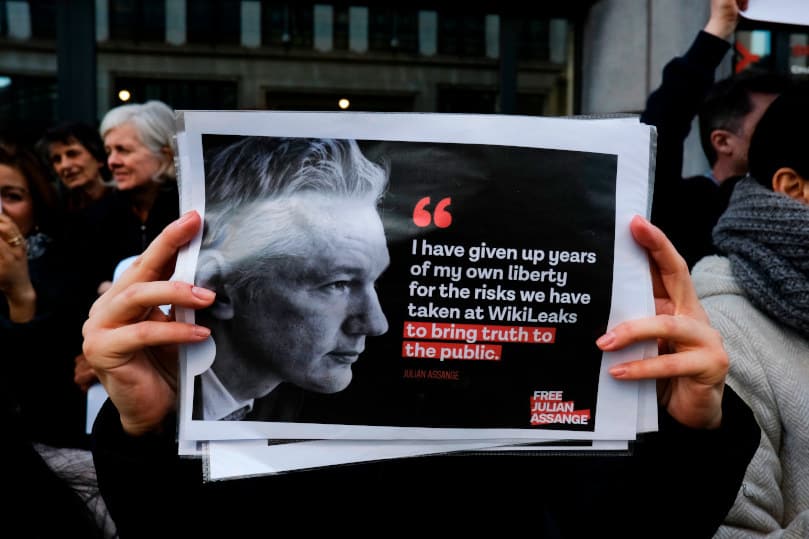
However, his mother was quickly remarried to a man named Brett Assange. Julian would consider this man his father and legally change his last name to reflect that.
Christine’s relationship troubles didn’t end there. She divorced again and became involved with a man that Assange would later describe as a member of an Australian cult.
This resulted in a very transient and nomadic childhood for Assange – who would live in more than thirty different Australian towns before his mid-teens.
Academic potential
A troubled home life and sporadic schooling did not dull Assange’s intellect. He excelled in the fields of physics, computer programming, and mathematics.
He studied at the University of Melbourne but did not complete his degree as he had already begun his descent into illegal activity – distracting him from his schooling.
The allure of hacking
Assange was only sixteen in 1987 when he began hacking under the name ‘Mendax.’ He allegedly hacked into highly classified systems, including NASA and the Pentagon.

Within a few years, in 1991, he was discovered hacking into Nortel – a Canadian multinational telecommunications corporation with offices in Melbourne.
Within three years, Assange was facing over thirty charges regarding hacking and related crimes. In 1996, he pled guilty to twenty-four of these charges, with the others being dropped.
He was ordered to pay reparation fees for his crimes and was released on a good behavior bond. The presiding judge took pity on Assange for his upbringing and noted a lack of malicious behavior.
Most would take this as an opportunity to make a fresh start and abstain from any illegal activity, but not Assange. This brush with the criminal justice system did not deter him. In fact, it pushed him toward his next venture – founding WikiLeaks.
WikiLeaks
Established in 2006, WikiLeaks was originally conceptualized to mimic the effects of Daniel Ellsberg’s release of the infamous Pentagon Papers. Assange desperately wanted WikiLeaks to become a shortcut between political or classified information leaks and the coverage offered by media outlets.
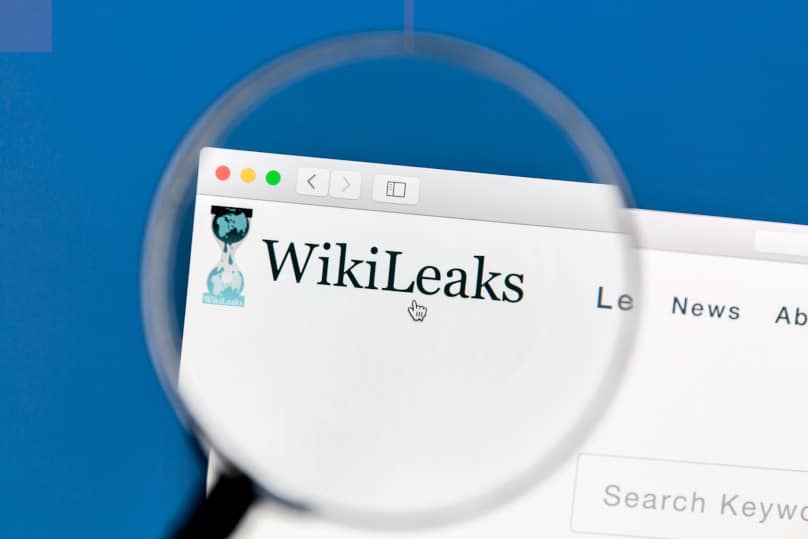
Despite the company being established in Australia, its servers were quickly moved to countries like Sweden, where Assange knew there was greater legal protection for media sources.
The purpose of WikiLeaks was simple in Assange’s mind, to bring any important information or news to the public with accurate and applicable sources to ensure the reputability of the content.
However, Assange used WikiLeaks to upload any content he deemed worthy of the public eye, including classified and protected information.
Julian Assange vs. the United States
WikiLeaks began making international headlines in 2010 after thousands of highly classified documents were published. A United States army intelligence specialist and analyst, Chelsea Manning, provided this series of leaks.
The published information contained intelligence relating to the war in Afghanistan and field reports from the war in Iraq.
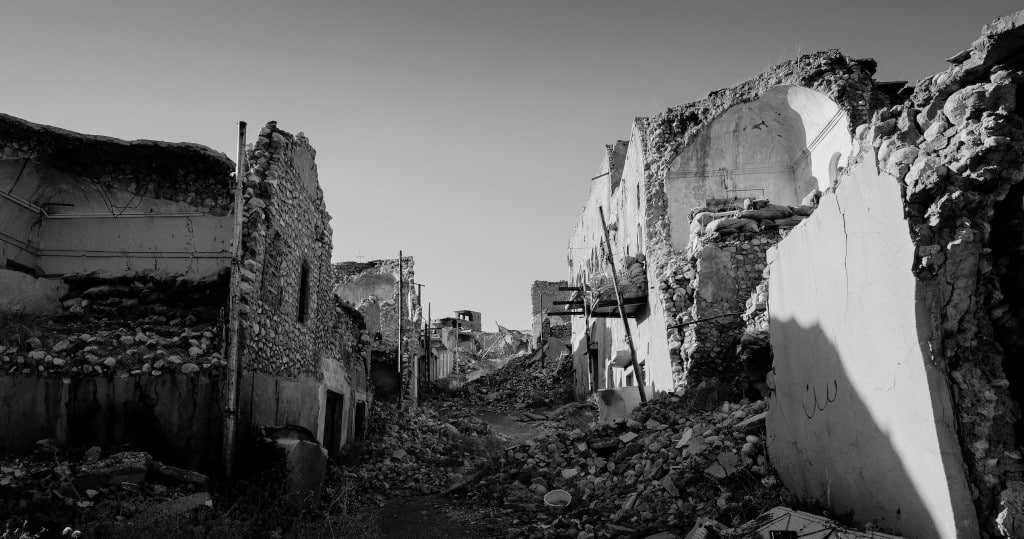
After this occurred and WikiLeaks became the focal point of international attention, it was clear that the company had published hundreds of thousands of diplomatic cables, which provided highlights and intel to nearly three hundred United States embassies worldwide. This would become known as “Cablegate.”
WikiLeaks would publish further classified information regarding the United States. In April 2011, the Guantanamo Bay file leak took the world by storm.
This leak highlighted hundreds of classified reports on detainees, past and current, that had been held at the United States detention camp in Cuba. It revealed disturbing amounts of coerced confessions, many from mentally disabled individuals and even children.
The flow of information would be constant, as Assange had always wanted. There was even more classified intelligence on the Syria Files, Kissinger Cables, United States National Archives, Saudi Arabian documents, and the Yemen Files.

Get Smarter on US News, History, and the Constitution
Join the thousands of fellow patriots who rely on our 5-minute newsletter to stay informed on the key events and trends that shaped our nation's past and continue to shape its present.
Such leaks only enhanced the case the United States Government was building against Assange.

Espionage Act
After the initial release of the Chelsea Manning material, the United States authorities had immediately begun investigating WikiLeaks and Assange – hoping to prosecute him under the Espionage Act.
This was only further amplified during the Chelsea Manning trial when the existence of chat logs between an international interlocutor (Assange) was brought to light. There was also a warrant for Assange’s arrest in Sweden, where he was wanted for charges of sexual assault.
Political asylum
In 2012, fearing extradition to the United States, Assange went to the Ecuadorian Embassy in London and applied for political asylum, which he was granted.
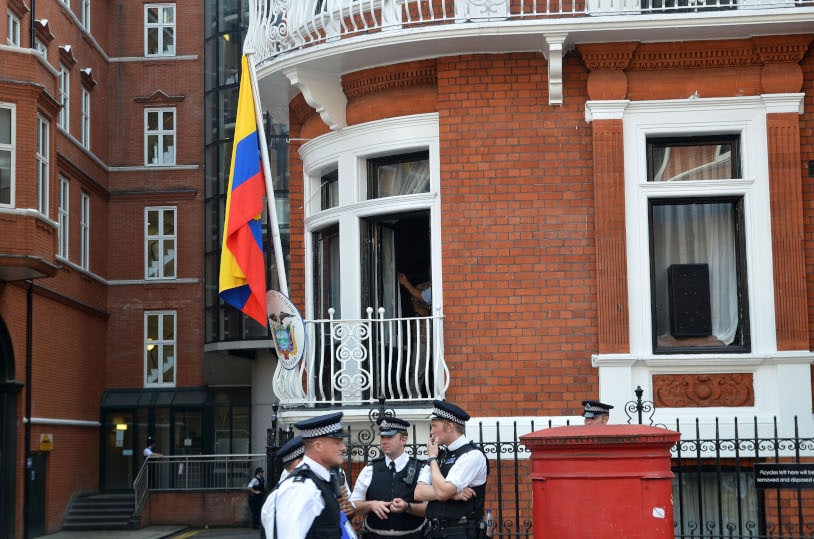
Assange remained in the Embassy until 2019, when his asylum was finally revoked, and the London Metropolitan Police subsequently arrested him.
Indictment and Extradition Battle
Following his arrest and imprisonment, a United States indictment was made public, initially charging Mr Assange with conspiracy to commit computer intrusion and charges related to his involvement with Chelsea Manning.
However, since the initial charges, a United States grand jury has added charges related to espionage, all of which could result in a prison sentence of up to one hundred and seventy-five years.
For the last number of years, the United States has made extradition request after extradition request. All the while, Julian Assange’s lawyers have strived to halt it.
In the summer of 2022, the United Kingdom’s High Court ruled that Assange could be extradited, and then-UK Home Secretary Priti Patel gave her stamp of approval.
However, this has yet to occur as Assange appealed the extradition order of the British authorities on July 1st, 2022.
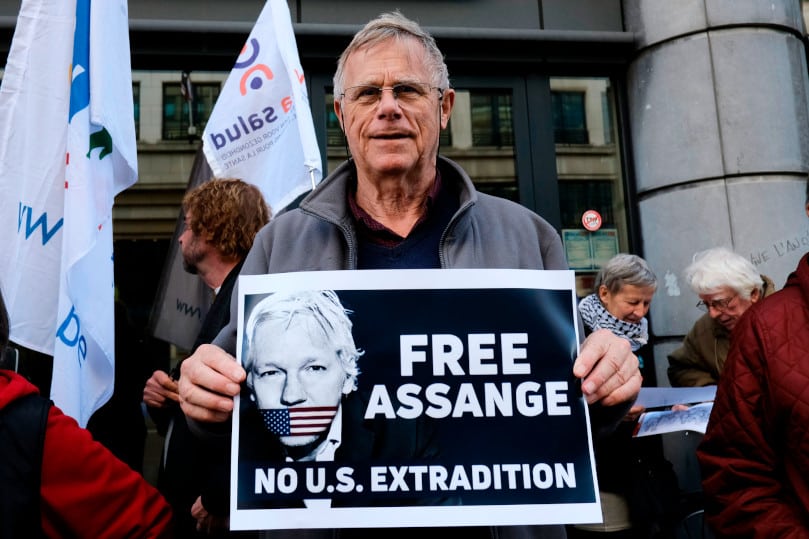
Despite Mr Julian Assange’s obvious crimes against the United States, his supporters contend that he should not be extradited.
The argument in his favor relates to his right to free speech and the freedom of the press. Many view Assange as an activist and laud his investigative journalism. He is seen as a journalist who has exemplified the phrase “don’t shoot the messenger.”
